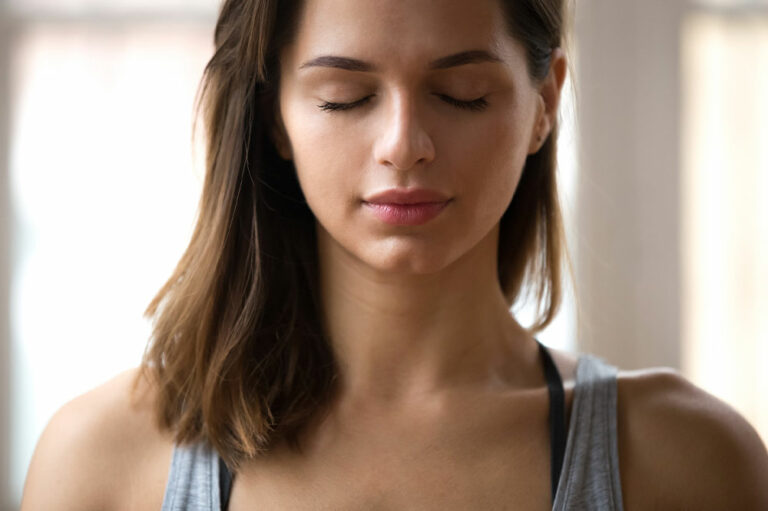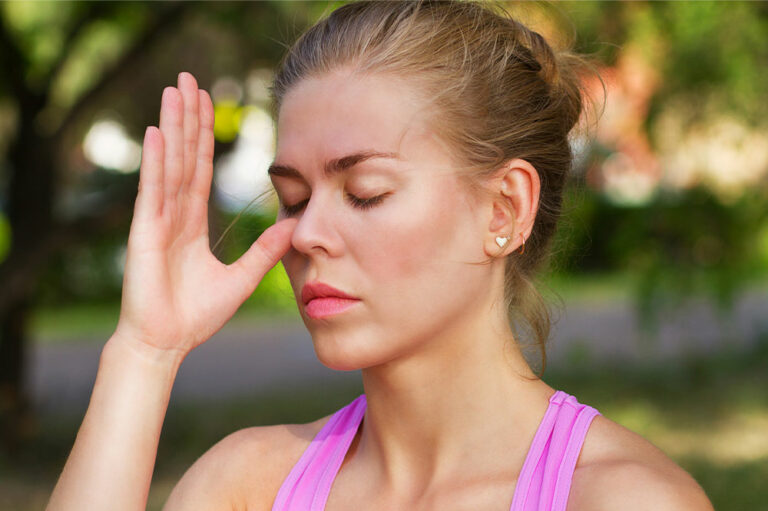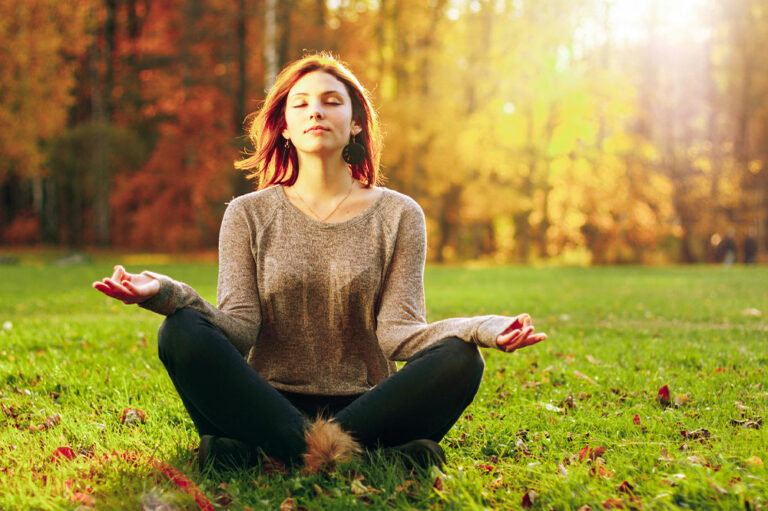
11 management options to keep anxiety at bay
People with anxiety disorders regularly and excessively experience fear and panic in everyday situations. If unchecked, anxiety can impair normal functioning and degrade the quality of life. One must consult a health expert if anxiety is affecting their social life. But first, ensure that any physical health issues are ruled out before consulting them. Most individuals with anxiety disorders need medication or therapy, but coping strategies and lifestyle decisions can also be helpful. Stop and take a breath When you experience an anxiety episode, take a moment to think about what is making you feel uneasy. Usual anxiety symptoms include concerns about a recent or distant event. For example, you can worry that something wrong will happen to you in the future. Or, you can still be upset about something that has already happened in the past. But, whatever your concerns, most anxiety issues stem from not focusing on the present. The next time you feel nervous and get distracted from the present moment, sit down and take some deep breaths to reclaim your composure. You can regain balance and return to the present moment by pausing and taking a few deep breaths. If you have the time, consider advancing this practice by experimenting with breathing techniques.
Read More 





